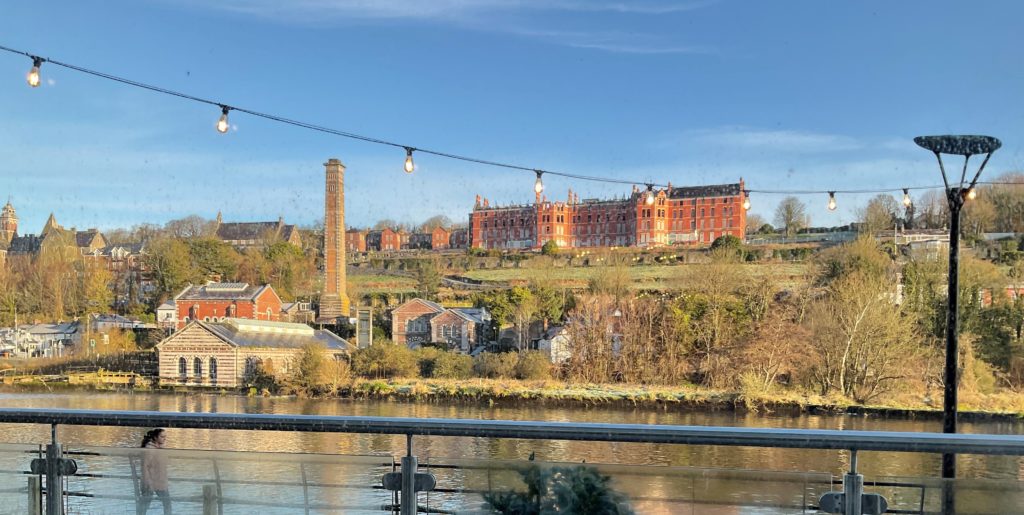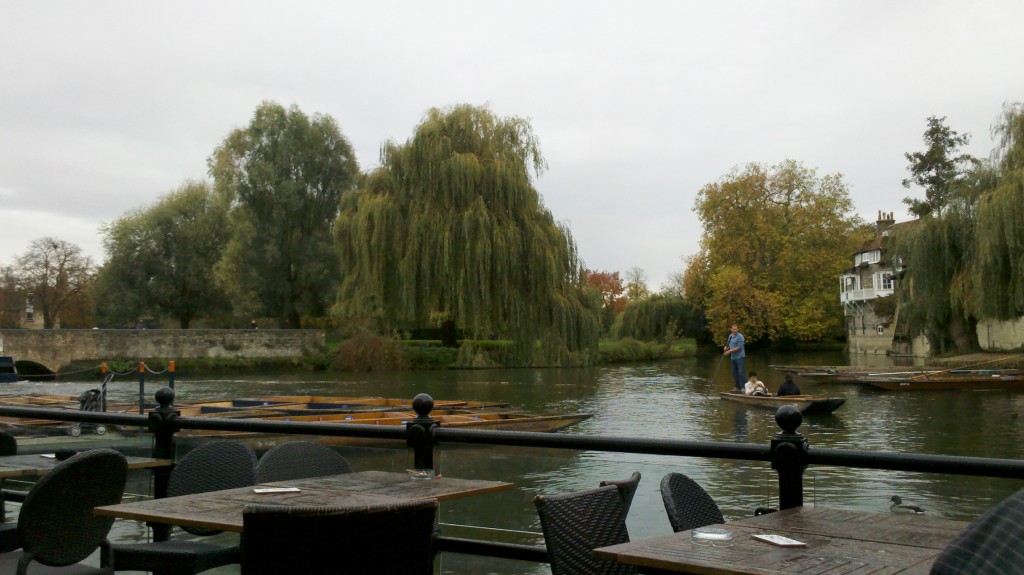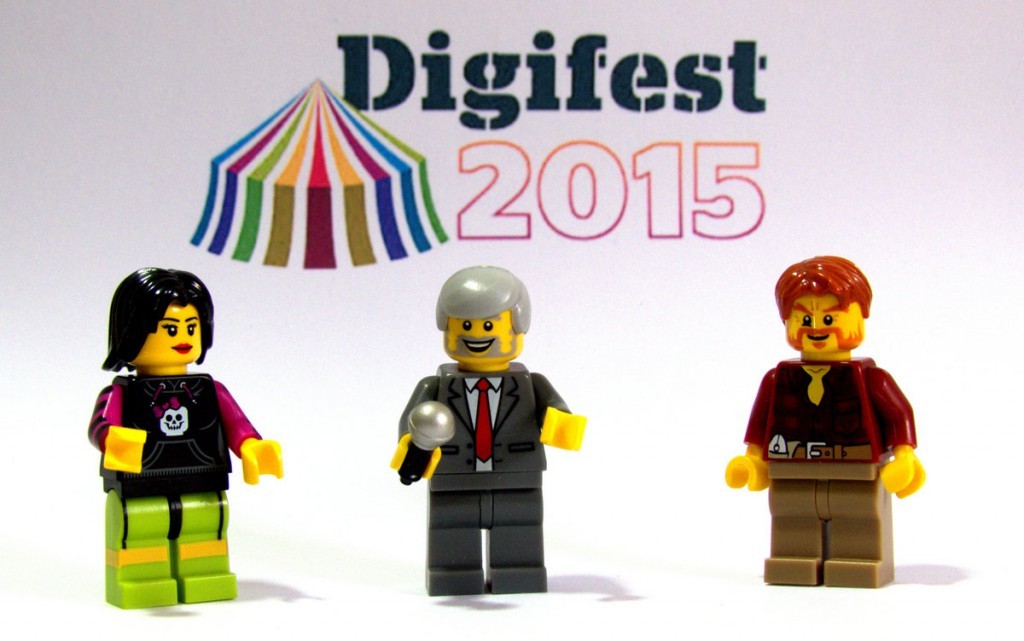co-written by Lawrie Phipps

Note: Additional commentary about this event can be found at Lawrie’s site.
Last week the TEL team at Munster Technological University hosted an event that they called “Digital Transformation and Digital Practice,” at MTU’s location in Cork city. Lawrie Phipps and I both got to be there in person, in the physical room, the first such room I’ve been in since around this date in 2020.
I keep saying the year is 2020, when I try to remember the date aloud.
This was a hybrid event, and we had more people in the Zoom room than we did in our seminar room. The idea, when Gearoid O Suilleabhain and Tom Farrelly were planning things, was that we have a facilitated conversation about what has been happening around education in digital places because of the pandemic, what were the things that MTU had already been doing before the emergency, and what we hoped would happen next. We wanted for the people in the rooms to ask us questions and also to talk amongst themselves, so there were MTU TEL team members in the Zoom room to facilitate that conversation, and we had a coffee/tea break after our initial panel discussion to allow time for reflection and follow ups. We were grateful for all of the people who showed up in each mode, it was an excellent crowd.
What I hoped to come out of the discussion was not any facile sense that we were “moving on” from the pandemic, but rather an opportunity to recognize and sit with the facts that 1) this pandemic (thanks to our governments and capitalism) isn’t going anywhere and 2) people have needed us to pay attention to what digital tools and places can bring to education and other public services for a very long time. In addition, it was a chance for us to talk publicly about the research that Gearoid, Tom, and I have done at MTU around academic teaching practices in 2020-21, and for Lawrie and I to draw connections between that work and the research he and I have been doing on student and staff emergency remote teaching (and learning) practices.
There is an edited recording of the event on YouTube, and I’m placing it in this post for you to have a look/listen if you like.
Link to YouTube video of DX in HE
I want here to draw out the central themes we tried to address in the time we had,
- Teaching staff at MTU were already well-supported in exploring and developing digital practices in their work, and told us that while they didn’t feel like they really knew what they were doing all the time, they also felt it was OK to try whatever was necessary because they already knew who to talk to and go to for help. Sometimes the people staff said they worked with were the TEL and EDSU teams at MTU, sometimes they were colleagues who they already knew were confident and capable with a range of digital tools and places. The important part was not necessarily being confident with digital per se, but being confident that someone (or more than one someones) would help and support them doing what needs to be done.
- Supporting teaching staff means that you are also supporting students. Staff who are not worried about their contracts, compensation, and precarity can spend their energy on their work, on teaching, on connecting with their students, on recognizing when their students are struggling and getting help in figuring out how to make things better for students. The staff experience is the student experience.
- The most precarious students, those who are from marginalized populations due to race, gender, and economic circumstances, tend to look for help from staff members who they recognize and trust as being “like them” (or at least, not the cis white men for whom the power structures of institutions like universities are traditionally aligned). That often means that the most vulnerable staff members, staff who are Black, staff who are women, staff who represent “non traditional” populations in academia, are being asked to do more work on behalf of students. When we interviewed white men senior academics in the UK about their students in the pandemic emergency, we heard “I haven’t seen/heard much from them, they are probably OK.” When we interviewed early career white women we heard, “I haven’t seen many students, I hope they are OK.” And we also heard from an early career Asian woman “I keep hearing from students, my inbox is full of one-on-one conversations, it never stops.”
- Digital Transformation is not about technology. The technology that is deployed at a university is a necessary first step to potentially transforming practice, but it’s only one thing, and might not actually be transformative if all you are doing is “digitizing” (s/o to Jim Nottingham for helping make that distinction clear to me–it’s a distinction I hear from library workers, too, pointing out that there’s nothing inherently transformative about digitization). Transformation also cannot simply be “digital by default”–not everything needs to be done digitally, and thought and care need to be put into where digital affordances can help, and where they can actually do harm (as is the case for surveillance, predictive analytics, and relying on the chance-y promises of AI as a substitute for human labor and care). Gearoid, in the conversation, offered MTU’s idea of “digital by design”–thoughtful attention to where their work as a teaching and research institution aligns with what digital tools, places, and platforms make possible. It’s an approach that doesn’t just value the things they know they need to do with digital, but provides sandbox-y opportunities for staff and students alike to make connections between technology and their practices, to come up with emergent possibilities that no one expected. When any organisation starts on a process of digital transformation, they need the technology in place, but they need to make sure that the people are both resourced and supported, and only when we have alignment between the transformation we want, and people being supported and resourced do we see a culture change, a genuine transformation. This should always be an iterative process that centers people, not tech.
That last point chimed nicely with the message offered by Audrey Watters in her Digifest 22 keynote this week. In the Q&A she advocated and hoped simultaneously for a future that was about people, not “the algorithm.” In her talk she said directly: “Hope is not in technology. Hope is in our humanity.”
In our discussion at MTU, we also tried to center people, their lives, and their needs, in a context when that can be alarmingly challenging. And the work is far from complete.


